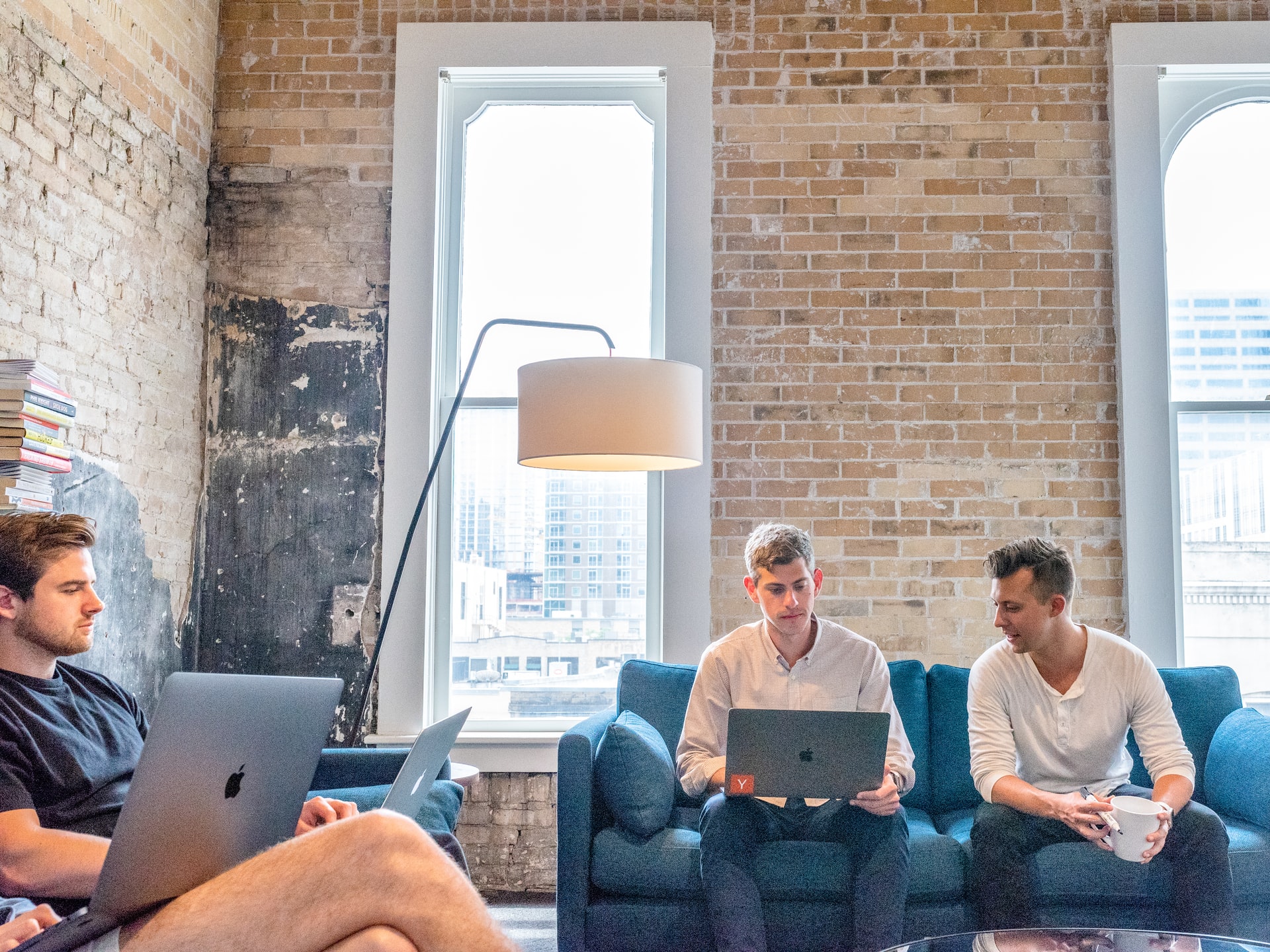
Return to work - how are your people coping?
It’s been a relief for many employers and their employees to return to the office, but of course, some people are struggling. How can you help your team regroup and re-engage and collaborate like they used to?
Be patient — don’t expect it to happen overnight.
By Paul Rattray

Coming back together
Most Australian employers and employees have faced the “return to work” with some trepidation, and that’s to be expected. People have each coped with Covid-19 differently and this will absolutely affect how they come together.
It will take time for the pre-pandemic camaraderie and team spirit to return.
The most important thing to do, is to acknowledge this. Take the time to talk to your people, one-on-one, organise a few small gatherings (within health and safety parameters) to promote gentle team bonding.
Leaders need to be in tune with their people, now more than ever before
While your focus will no doubt be on productivity, remember that if you take the time now, to embed staff cohesion and collaboration, then the productivity will return tenfold — in time.
Be aware too, that too much Covid talk can be detrimental. I saw a hairdressing salon post on social media the other day asking its customers to please not engage in ‘Covid conversations’ with a promise that staff wouldn’t either.
This has been a tumultuous time and some will want to talk about it, others won’t. It’s important for leaders to have their finger on the pulse, and intervene if necessary to ensure everyone’s comfort and wellbeing.
The emotional aspects of what we’ve all been through extend to employers taking the time to undertake a practical review work models. Numerous surveys over the past few months have suggested that many employees are reevaluating their entire lives as a result of the pandemic.
Work with those employees who want life change, being flexible where you can, by offering hybrid work options, opportunities for further study, or a different position within the organisation. Having a plan can mean the difference between keeping good people and losing them, if you are confronted with a key person’s resignation.
Remember, that high staff attrition at this time could affect your business stability.
Make sure that you have appropriate technologies in place to support those continuing to work remotely. The upside to the remote workforce of course is that it opens up the talent pool, and you can consider recruiting from outside your immediate workplace location. This can be a good thing, if you have the infrastructure to support it.
Other things to consider from a Human Resource perspective include:
- Updating contracts in line with any new working agreements
- Updating workplace policies to reflect how teams will work together, if there have been significant changes.

Budget accordingly
Perhaps also consider beefing up your budget. Much has been written about the ‘Great Resignation’. While we’re yet to see the full effects of that here, it doesn’t mean we won’t.
The hospitality industry is one that is currently experiencing a serious staff shortage.
People can be unpredictable, so be prepared to have to spend more to retain, and possibly recruit.
Vaccination policies
While the government supports workplace vaccination policies and the Fair Work Ombudsman has written advice for businesses who choose to ask staff to be vaccinated, it’s still a thorny issue and one which businesses must tread carefully.
A few of the larger firms, who are admittedly used to dealing with remote workers and have significant HR budgets to support this model, are putting in place policies which means that only vaccinated employees can visit or work within the premises, and unvaccinated employees can’t. They’re not forced to give up their jobs, they just must work remotely for the foreseeable future.
It’s a sensible option for the moment, particularly in line with government strategies which suggest that once Australia hits an overall vaccination target of 90% or more, then the risk of transmitting Covid will be lower and we will all be able to mix and mingle with relative ease.
Again, it’s a decision that only businesses can make for themselves, depending on how they operate, who their customers are, what mandates are operating across the industries, or those industries they work with, etc. It’s been said before, and it’s important to reiterate, get professional HR advice if you don’t have it in house, before you draft up policies.
The ‘post Covid-normal’ we talked of in 2020 has certainly proven to be a time of change. And there is more to come. As you’re reorienting people into the office, it’s also a good time to do some resilience assessments to determine your team’s appetite for change. Those businesses that will survive the coming years, and thrive, will be the ones that can be adaptable, and move quickly. This requires having a strong team of people committed to the vision, able to see the bigger picture and adapt at crucial moments of disruption.
If we can help in any way, please contact us.
